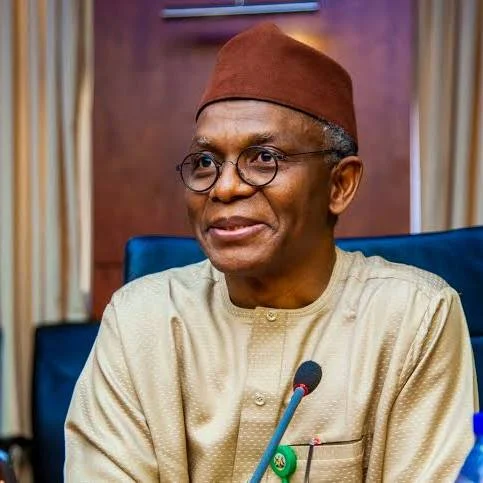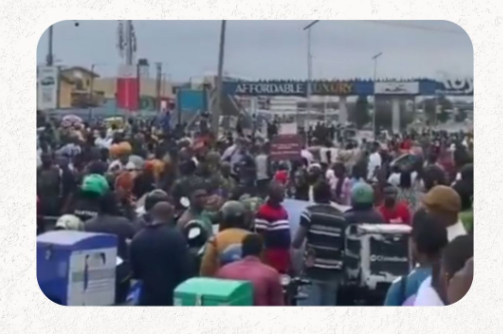
Ruth Otabor, the younger sister of Phyna, winner of Big Brother Naija Season 7, has sadly passed away after being hit by a Dangote truck near Auchi Polytechnic in Edo State. The tragic accident occurred weeks ago, but her death was confirmed on August 31, 2025, following a prolonged hospital stay and a major leg amputation.
What makes this more than just another sad story is the involvement of one of Nigeria’s biggest companies, the Dangote Group—raising important conversations about corporate responsibility, road safety, and how the lives of ordinary Nigerians are handled after such tragedies.
Here Are the 5 Most Important Things You Should Know
1. The Dangote Truck Was Involved in the Accident
The accident that led to Ruth’s injuries involved a truck owned by Dangote Cement, one of Africa’s biggest companies. Eyewitnesses, along with her family, confirmed this. Allegations also surfaced that the driver may have been underage or unlicensed, although the company has not confirmed this detail.
Why this matters: Trucks and heavy-duty vehicles are often involved in deadly road accidents in Nigeria. If the driver was not qualified, it raises serious questions about how carefully companies like Dangote monitor their fleet and drivers.
2. Ruth Fought for Weeks Before She Died
Ruth was initially hospitalized after the accident and had one of her legs amputated in an attempt to save her life. During that time, her sister Phyna publicly begged Dangote Group to fly Ruth abroad for better treatment, claiming they had initially agreed to do so, but later hesitated.
Eventually, the company said it was preparing to send her to India for treatment, but she passed away before that could happen.
Why this matters: Many Nigerians don’t get access to emergency treatment unless they go public or become a trending topic. The delay in medical evacuation, despite public pressure, raises concern about whether we all have to be famous to get urgent medical help.
3. Dangote Group Has Responded—But Questions Remain
After Ruth’s death, Dangote Group released a formal statement expressing sorrow and stating that they had been covering Ruth’s medical bills and had planned to fly her abroad for advanced treatment. They said they were waiting for medical clearance before transporting her.
They also promised to continue supporting the family.
Why this matters: While the company’s effort is appreciated, many Nigerians believe this could have been done faster—and wonder if the outcome would have been different with immediate intervention. It also shows that companies must act without delay when human lives are involved, not just to protect their reputation.
4. There Are Legal and Safety Implications
Phyna’s family is working with lawyers, and many have called for a full investigation into the accident—particularly concerning the truck’s driver and the company’s safety policies. The public is demanding accountability, not just sympathy.
Why this matters: This could set a precedent for holding big companies accountable when their vehicles or staff cause harm. If left unchecked, incidents like this may continue with no justice for the victims.
5. This Is About More Than One Family—It’s About All Nigerians
This case has gained national attention because Phyna is a public figure. But the sad truth is that many Nigerians face the same situation every day—accidents involving commercial trucks, poor emergency care, and silence from those responsible.
Why this matters: Everyone deserves dignity, justice, and medical care—whether or not they are famous. This is a moment for us as a country to reflect on our emergency systems, corporate ethics, and the value we place on human life.
Independent Investigation: The government and safety agencies should investigate the accident, including the truck’s driver and Dangote’s internal safety procedures.
Faster Emergency Care Systems: Nigeria urgently needs a better national emergency response system so that accidents don’t end in preventable deaths.
Corporate Transparency: Big companies must create clear public policies for how they respond when their vehicles harm civilians.
Public Awareness: Nigerians must continue to demand fairness and accountability, even when the media spotlight fades.





